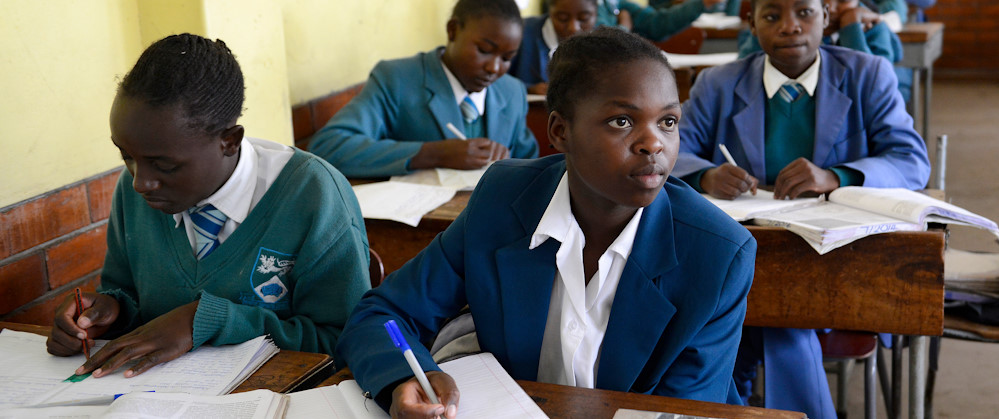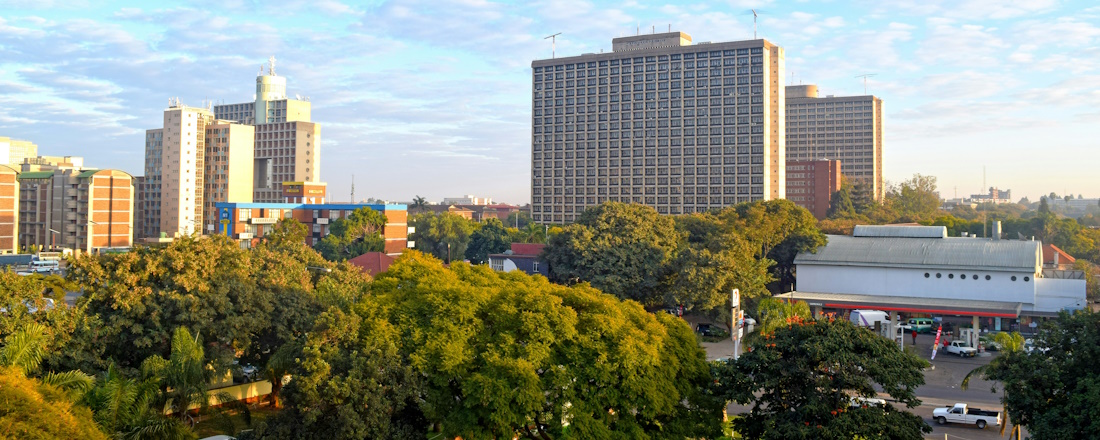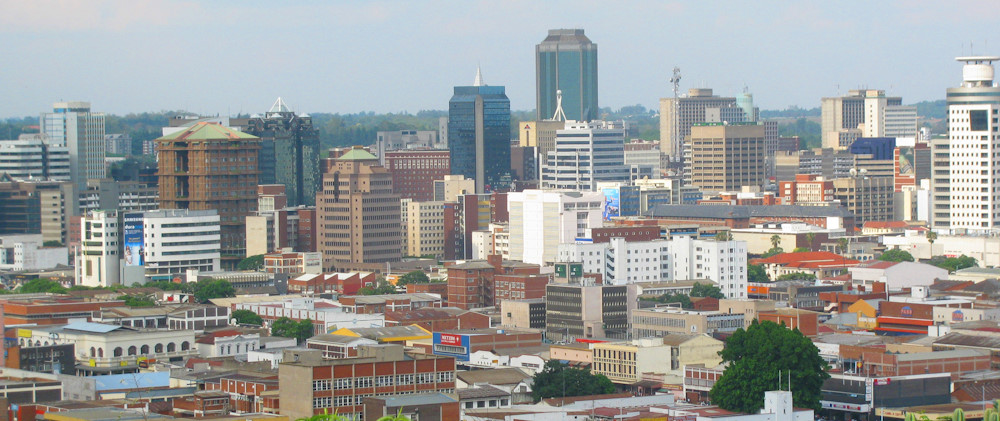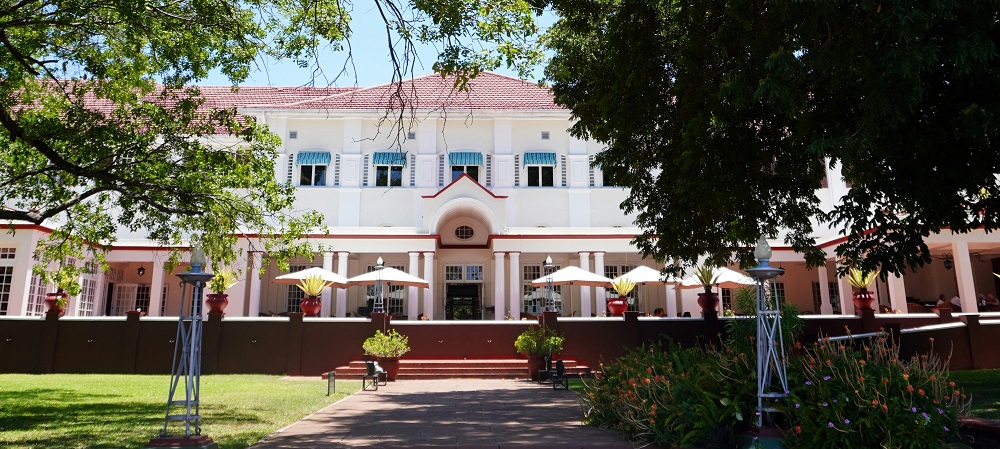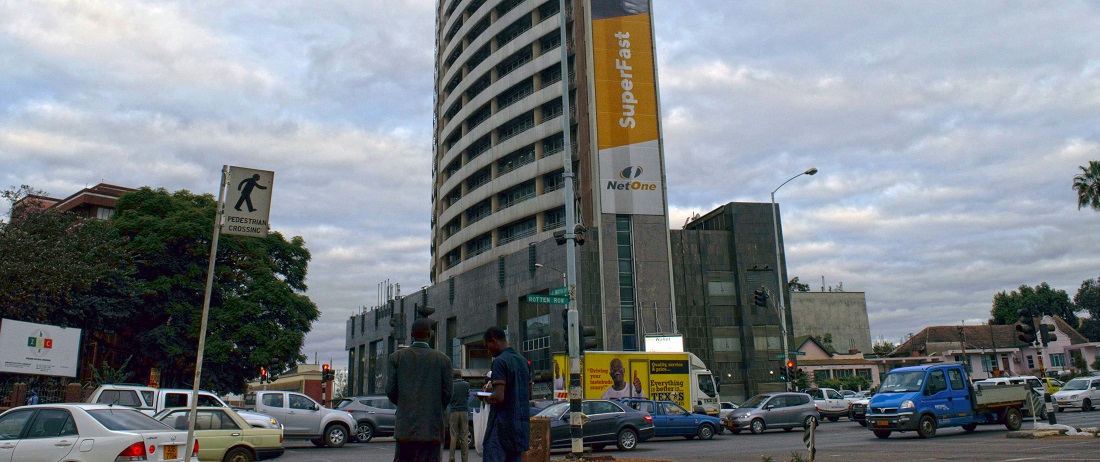Living in Zimbabwe
Located in Southern Africa, Zimbabwe is a country of captivating natural beauty, a wonderful climate and rich cultural heritage. Known for its majestic landscapes, including the iconic Victoria Falls, and vibrant wildlife, Zimbabwe offers an unforgettable experience for those looking to explore life in Africa. From bustling cities like Harare to the serene countryside, expats moving to Zimbabwe will discover a blend of modern living and traditional charm.
Living in Zimbabwe offers a wide range of experiences, whether you’re drawn to the vibrancy of urban centres or the tranquillity of rural life. In cities like Harare and Bulawayo, you’ll find a mix of contemporary amenities, shopping centres, and cultural events, with a lively arts scene and a growing expat community. In contrast, rural areas provide the opportunity to experience a slower pace of life, where agriculture, community bonds, and a connection to nature remain at the heart of everyday life.
Expats moving to Zimbabwe often enjoy the country’s vast natural resources and beautiful landscapes, from the savannahs and mountains to the famous wildlife reserves. Despite frequent economic challenges, local Zimbabweans are known for their resilience, hospitality, and warmth towards newcomers.
Working in Zimbabwe
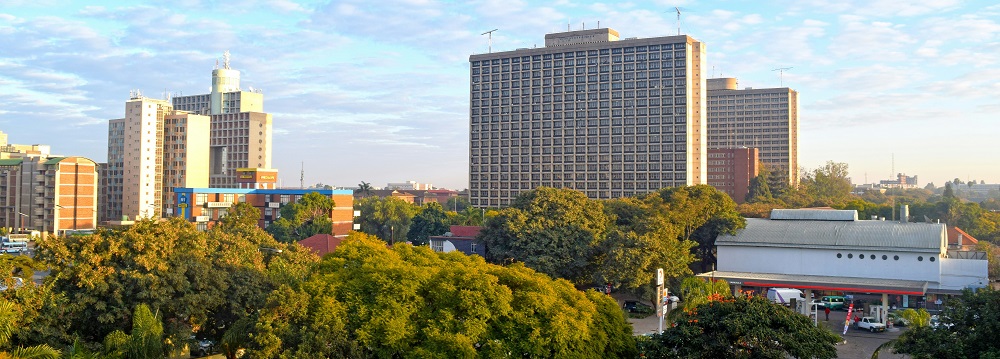
Zimbabwe has a diverse economy. Key sectors include agriculture, mining, tourism, and manufacturing. Opportunities can be found in these industries, particularly for professionals with management, engineering, and technology skills. That said, securing employment as an expat can sometimes be challenging due to the country's economic instability, especially if you don't have specialised skills or connections.
To legally work in Zimbabwe, you'll typically need both a work visa and a work permit. The process can be lengthy and involve a lot of bureaucracy, so be prepared for this.
Read more:
Working in Zimbabwe
Doing Business in Zimbabwe
Zimbabwean culture
Zimbabwe is a country steeped in culture, with strong music, dance, and art traditions. The country’s people are known for their pride in their heritage, and cultural events, ceremonies, and festivals are common throughout the year. Traditional dress and customs are a big part of everyday life in many communities, and respecting these practices is essential for smooth integration.
In addition, Zimbabweans are generally very welcoming, and you'll find it easy to make connections. Understanding the social dynamics and avoiding overly direct communication will help you adjust. While Zimbabweans are largely friendly, you can make settling in easier by demonstrating humility, respecting elders, and taking time to understand local customs.
In Zimbabwe, the workplace culture values respect and a formal approach to business interactions. Hierarchy is often emphasised, and decisions may involve multiple stakeholders, particularly in larger organisations. While English is the official business language, understanding local languages such as Shona or Ndebele can be valuable for building relationships and integrating into your work environment.
Local Culture in Zimbabwe
Business Culture in Zimbabwe
Accommodation in Zimbabwe
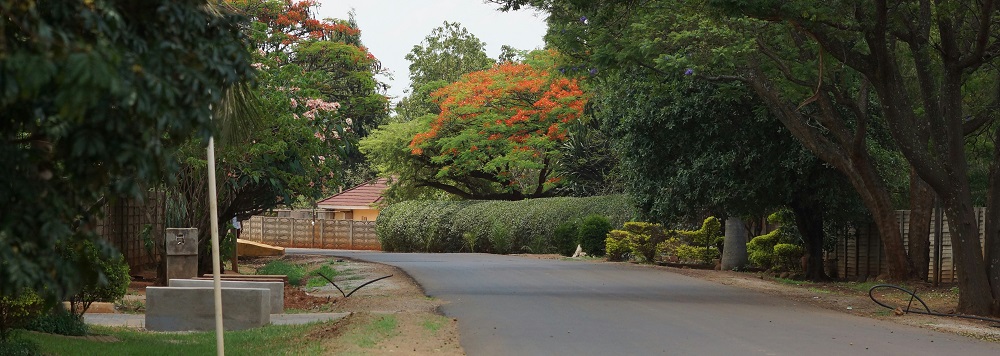
Accommodation options in Zimbabwe vary widely, depending on whether you are in an urban or rural setting. In larger cities like Harare and Bulawayo, you can find a range of apartments, townhouses, and houses, though there may be a shortage of affordable and high-quality options in certain areas. Most expats choose to live in gated communities or suburbs for greater security. Many houses have large yards, which is a bonus for families.
Housing tends to be more basic in rural areas, though opportunities exist for those who prefer a quieter lifestyle. Housing prices can vary greatly, with demand for properties in urban areas often driving costs higher. Electricity supply is inconsistent across Zimbabwe, so it's essential to find accommodation that is either off the grid or to purchase a generator, which can add to the overall cost of housing.
Advice on Renting Accommodation in Zimbabwe
Cost of living in Zimbabwe
The cost of living in Zimbabwe can be quite affordable compared to many Western countries, but it varies depending on your lifestyle and location. In major cities like Harare, the cost of living has been increasing due to economic instability, and imported goods tend to be expensive. Still, locally produced food, housing in suburban areas, and public transport are generally affordable.
You should be prepared for a fluctuating cost of living, especially in terms of utilities and imported goods. Budget for the possibility of sudden price changes and keep an eye on the exchange rate, as the economy is prone to inflation.
Living in Zimbabwe with children
Zimbabwe offers a family-friendly environment with various educational options, including international schools that offer curricula like the British, American, or International Baccalaureate systems. Many international schools are located in Harare and cater to expat children, offering a multicultural experience and high education standards. Local schools are also available for families seeking integration into Zimbabwean society, though they may offer a different educational experience compared to what you're used to.
Zimbabwe is home to various outdoor activities that will keep children engaged, from visits to wildlife parks and safaris to exploring the natural beauty of places like Lake Kariba and Hwange National Park. Sports like football, cricket, and tennis are popular among children, and many expat communities organise weekend sporting events for kids.
One of the many benefits of living in Zimbabwe as an expat is the availability and affordability of domestic workers, who can help with childcare, cooking, cleaning and the laundry. Most expats with children have the luxury of employing at least one domestic worker.
Schools and Education for Expats in Zimbabwe
Healthcare in Zimbabwe
The healthcare system in Zimbabwe has both private and public facilities, though expats often prefer private healthcare due to higher standards of care. Private hospitals and clinics in cities like Harare and Bulawayo are well-equipped to handle routine medical issues, but for serious conditions, you may need to travel to neighbouring countries for treatment. It's advisable to have comprehensive medical insurance that covers international care.
For basic healthcare needs, you are encouraged to register with a local clinic or doctor. Many expats prefer to use pharmacies in urban areas for medications as these tend to be better stocked than rural branches. Vaccinations and preventive healthcare are important, so be sure to consult with your healthcare provider before travelling.
Getting around in Zimbabwe
Depending on where you live, getting around in Zimbabwe can be fairly easy or more challenging. Private transport and ride-hailing services are common in cities. Public transport options like minibuses, taxis, and buses are available but can sometimes be crowded and unreliable.
Expats typically choose to drive their own cars, and road conditions in urban areas are generally good, though rural roads can be more challenging to navigate. If you want to get behind the wheel yourself, you should note that driving is on the left side of the road.
Many expats opt to hire a driver or use taxi services for convenience, particularly in major cities. Keep in mind that fuel prices and availability can fluctuate, so it’s essential to plan accordingly.
Climate in Zimbabwe
One of the main attractions of living in Zimbabwe is its spectacular climate; in fact it has often been voted as having the best climate on earth. The summer months run from November to March, and are characterised by hot and sunny days, with temperatures reaching around 82°F (28°C), often with short, dramatic thunderstorms in the afternoons. The dry season occurs during the winter months (April to October) when the nights and early mornings can be as cold as 41°F (5°C), but daytime temperatures are still lovely and sunny.
Harare is situated on the central Highveld plateau in the middle of Zimbabwe, where the weather is cooler than in the rest of the country. The lower-lying Hwange and Zambezi National Parks are warmer, while Mana Pools, Matusadona and Gonarezhou National Parks are even lower and get hotter still, with temperatures soaring to 95°F (35°C).
The cooler months are ideal for outdoor activities and exploring the country's national parks, while the summer offers a great chance to witness nature's beauty in full bloom.
Fast facts
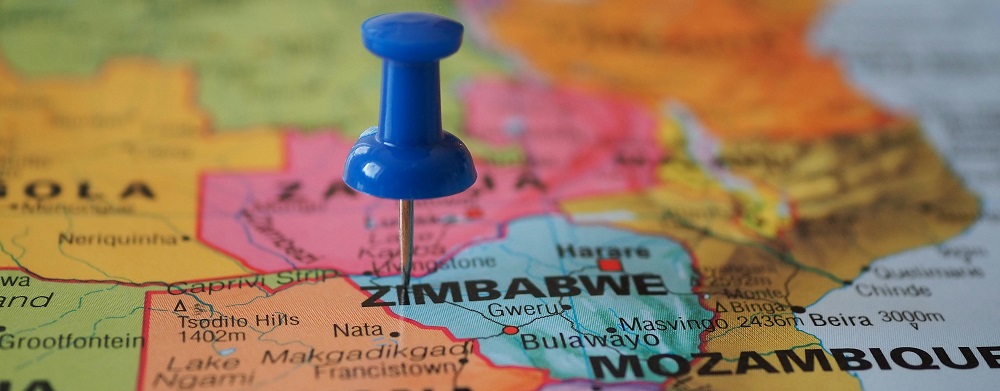
Population: Over 16.6 million
Capital city: Harare
Neighbouring countries: Zimbabwe is bordered by Zambia to the north, Mozambique to the east, South Africa to the south, and Botswana to the southwest.
Geography: Zimbabwe is a landlocked country with diverse terrain, including mountains, plateaus, and savannahs.
Political system: Unitary republic with a presidential system
Major religions: Christianity is the predominant religion, and indigenous beliefs are also practised.
Main languages: English is the official language, and Shona and Ndebele are spoken widely.
Money: The Zimbabwean Dollar (ZWL), though US Dollars are also widely used.
Tipping: Tipping is customary, and it is generally around 10 percent for good service in restaurants.
Time: GMT+2
Electricity: 240V, 50Hz. Three-pin plugs are used.
Internet domain: .zw
International dialling code: +263
Emergency contacts: 999 (emergencies), 995 (police), and 993 (ambulance)
Transport and driving: Drive on the left-hand side of the road. Though unreliable, public transport is available in the form of minibuses (combis) and buses. You can also find ride-hailing services in the major cities like Harare.
